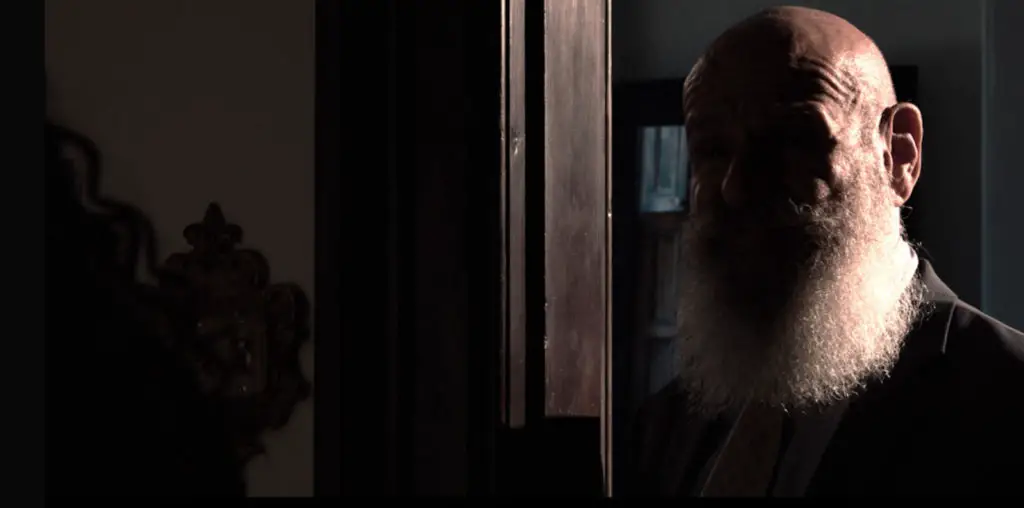
Unless you are a tap-your-toes fan of Aaron Copland’s music, it is hard to make a case for this DVD release of “The City,” a 1939 non-fiction film designed to advocate the cause of urban renewal.
Copland’s score for “The City” is an inventive composition that rarely gets considered, due in large part to the relative obscurity of the film. The original presentation, which was offered in a monaural recording, didn’t quite present the piece at its fullest. This DVD offers a new recording by the Post-Classical Ensemble conducted by Angel Gil-Ordonez, with Fritz Weaver handling the narration originally offered by Morris Carnovsky in the 1939 film.
On its own terms, Copland’s score is magnificent. In fact, it is almost too good to be stuck with the less-than-worthy film, which was originally shown at the 1939 New York World’s Fair.
Under the direction of Ralph Steiner and Willard Van D**e, “The City” argues for a return to the seemingly bucolic days of easy-going rural living. The first part of the film offers a highly romanticized view of small town rural life, with the argument (as scripted by urban planner Lewis Mumford) that this environment was full of fresh air, a free exchange of ideas among the population, and the satisfaction of doing hard work.
The film then jumps to the extremes of 1939 urban America: a factory town where the air is polluted and people live in slum conditions, and then a nasty-comic look at New York City’s excess of traffic, overcrowded streets, and boiling-point stress levels.
The solution to the urban jungle, according to “The City,” is a quasi-suburban environment where trees and parks are plentiful, people live close to their jobs, and the air is free from pollution. To its credit, “The City” was wildly progressive in pushing the concept of a green community. To its disadvantage, the film rehashes social notions of gender inequality (women are encouraged to stay home, do housework and gossip among each other) and racial discrimination (the city of the future is conspicuously lacking in a diverse population).
“The City” is recommended as a curio of social advocacy filmmaking from a bygone era (yeah, Michael Moore didn’t invent the genre). And, of course, Copland’s richly emotional score is quite an earful. But don’t come to this expecting a forgotten classic – this one was just plain forgotten.

